Reading:
Ambrose, 2010, “How Learning Works”
“Conclusion: Applying the Seven Principles to Ourselves” and “Appendices”
Summary:
Loved the very practical and direct appendices and the acknowledgment of how complex (but not impossible) to teach well and considerately. Some of the strategies are quite simple to implement but with potentially great impacts for the learning and quality of work produced by the students.
Notes:
- Teaching is complex
- “To develop mastery in teaching, we need to acquire its component skills, integrate them, and apply them appropriately. Of course, this requires that we first unpack the multifaceted task of teaching.” (Ambrose, 2010)
- Formative feedback is essential
- Strategies:
- Student Self-Assessment
- Ask directly what they know or do not know
- Concepts Maps
- Good to find out about prior-knowledge
- Rubrics
- Makes clear what is being assessed and what is expected
- Learning Objectives
- Student-centered
- Break down task into cognitive processes
- Use action verbs
- Measurable
- Ground Rules
- Maintain productive course climate
- Exam wrappers
- Reflection post-exams
- Identify own strengths and weaknesses
- Reflect on how they prepared
- Characterize nature of own errors
- Reflection post-exams
- Checklists
- Guide students when completing assignments
- Reader Response / Peer Review
- Students learn in the process
- Wider audience might motivate to produce better work
- Teacher gets better quality work in the end
- Student Self-Assessment
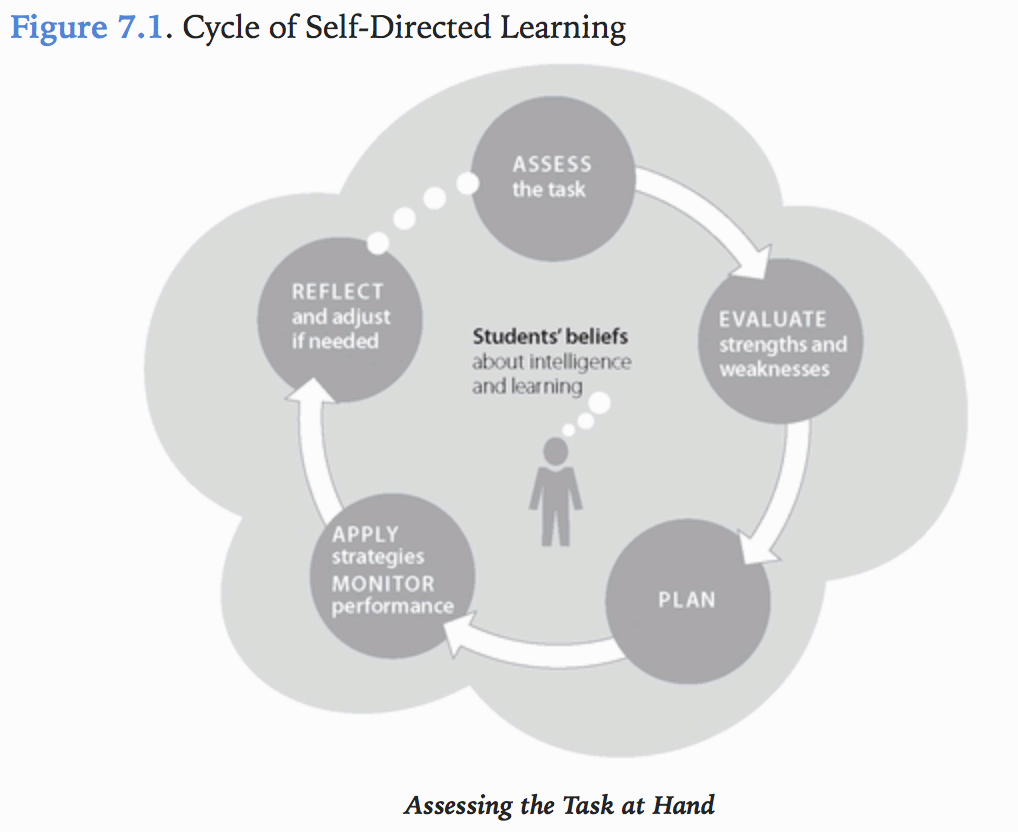
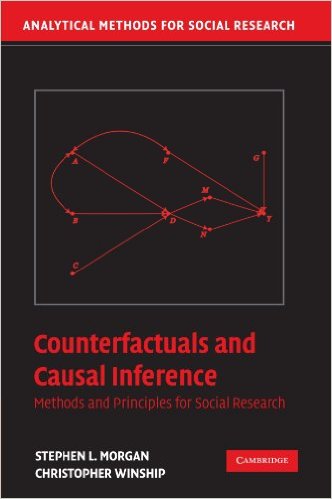
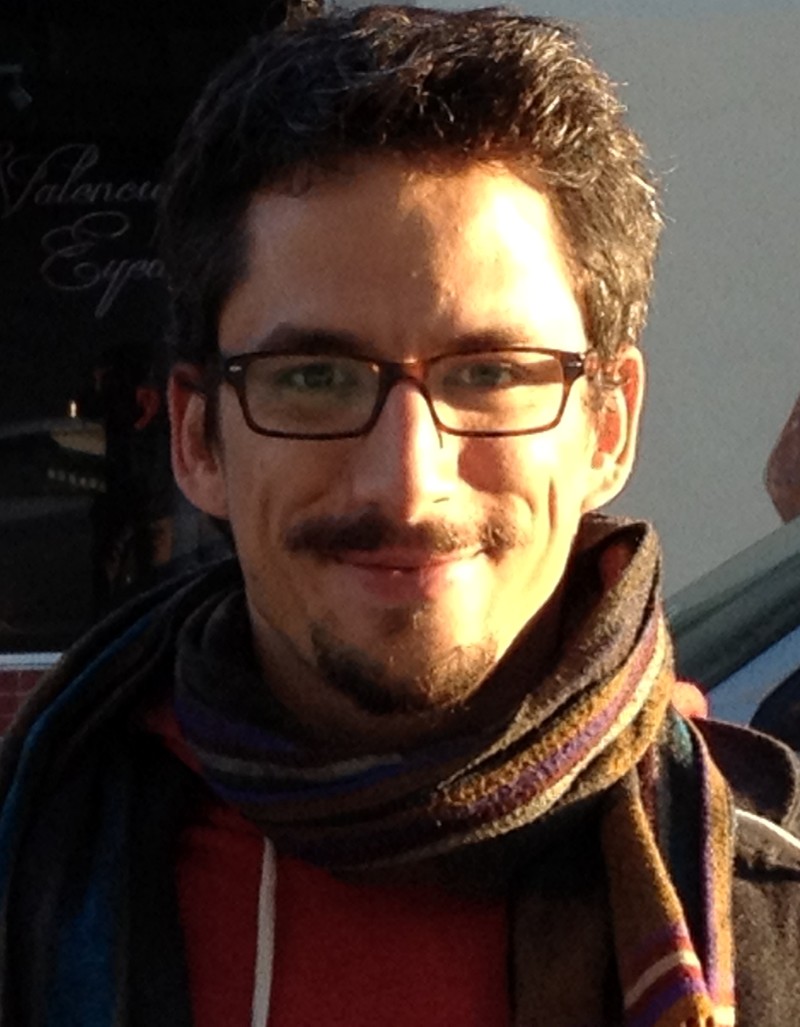
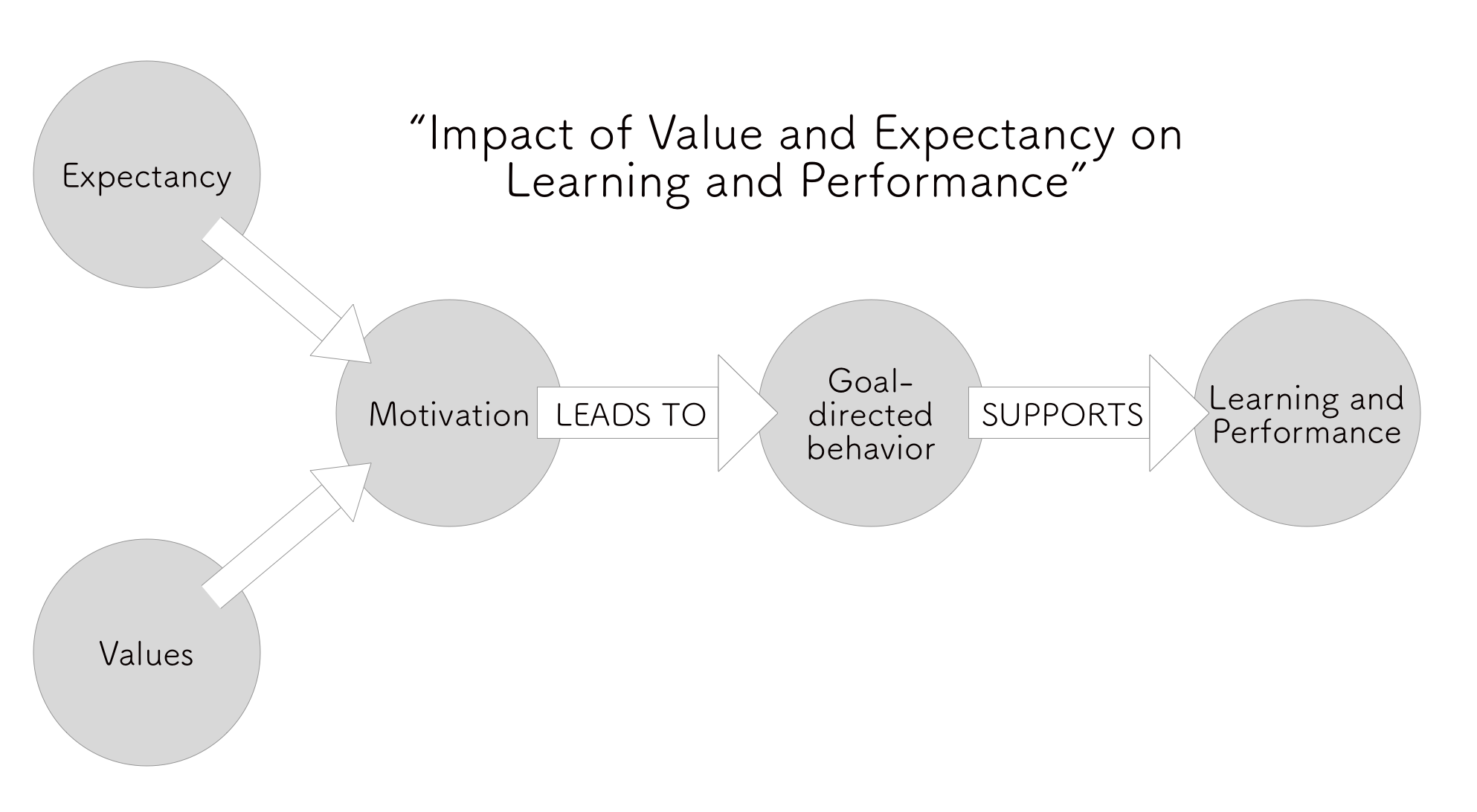
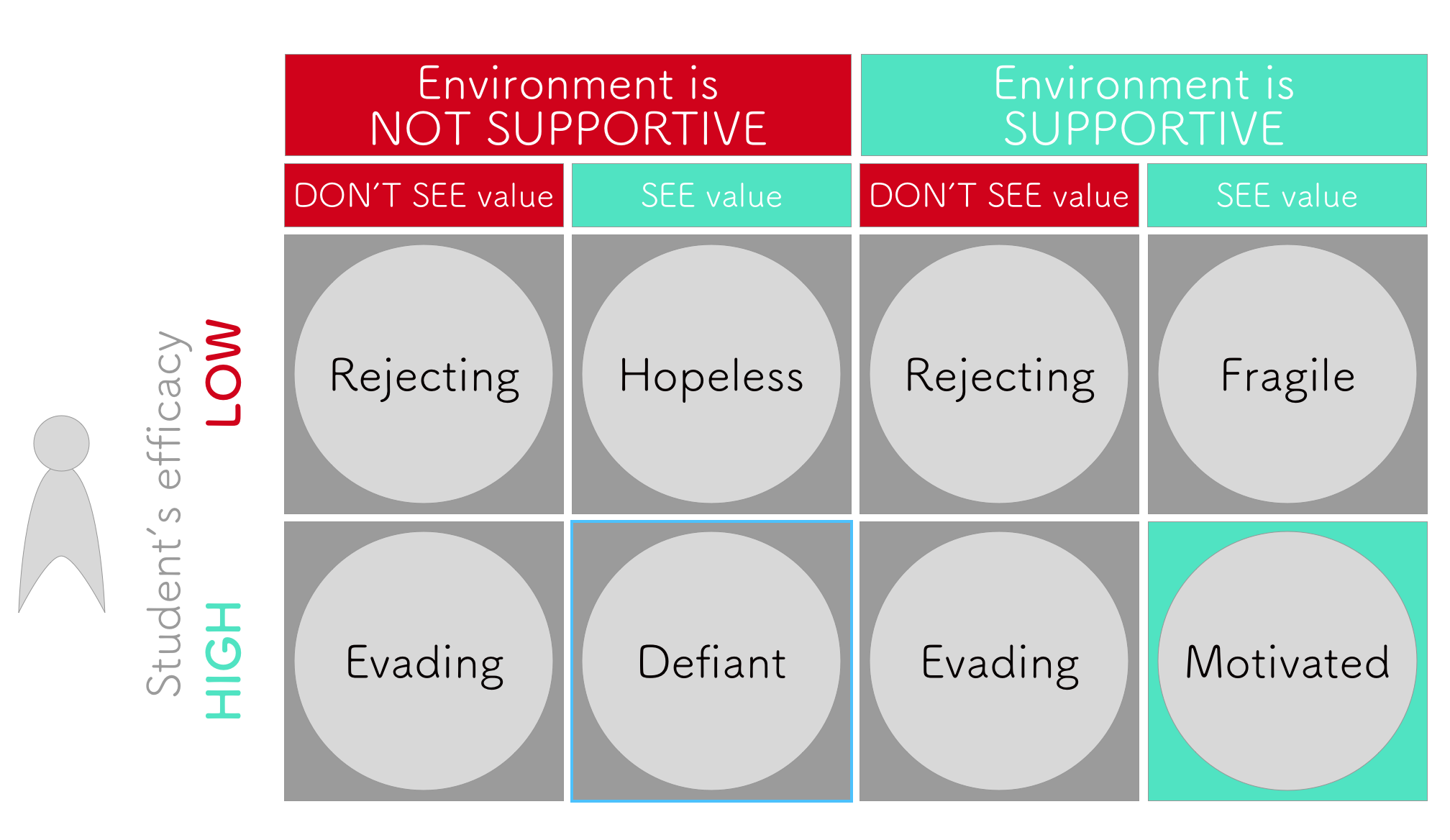

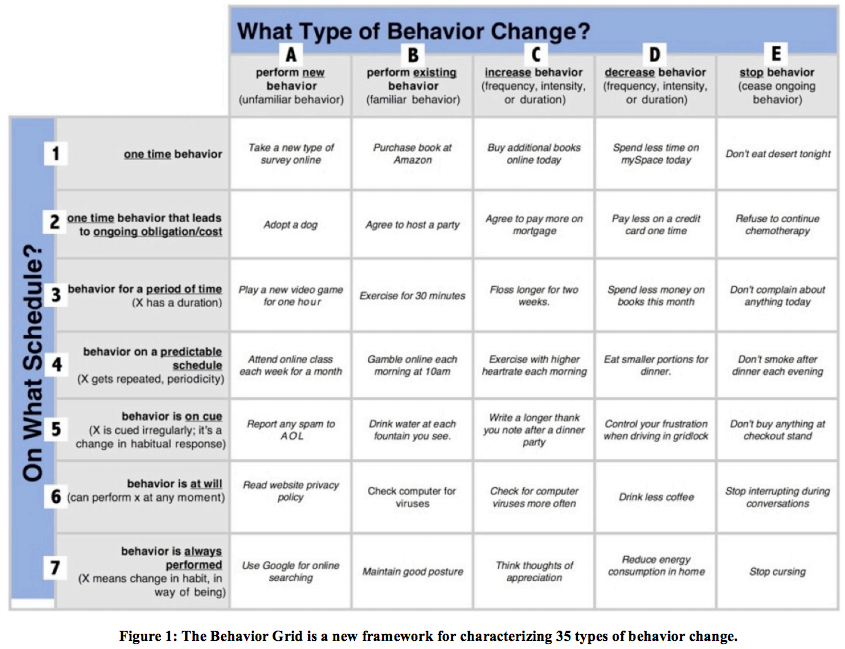
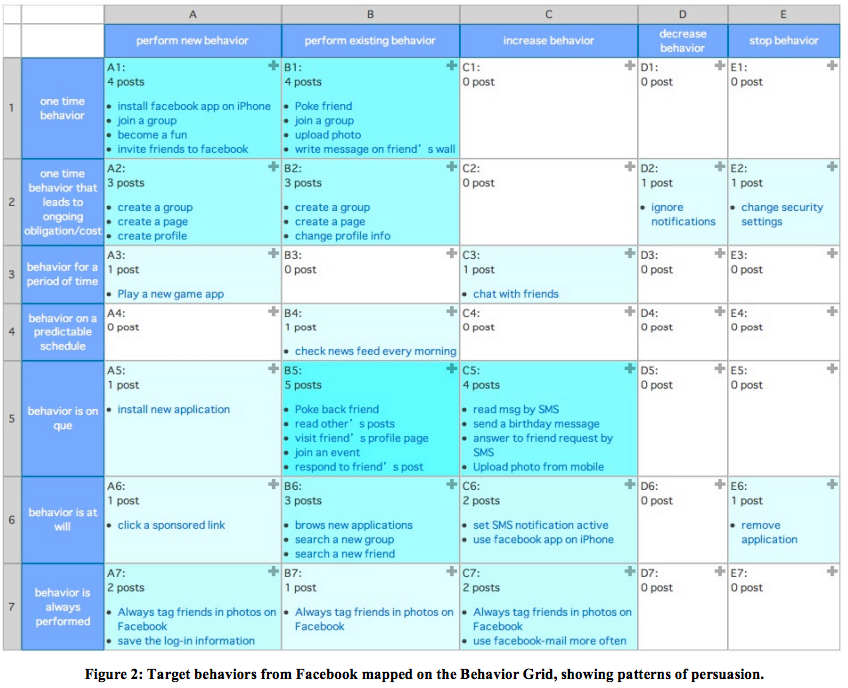
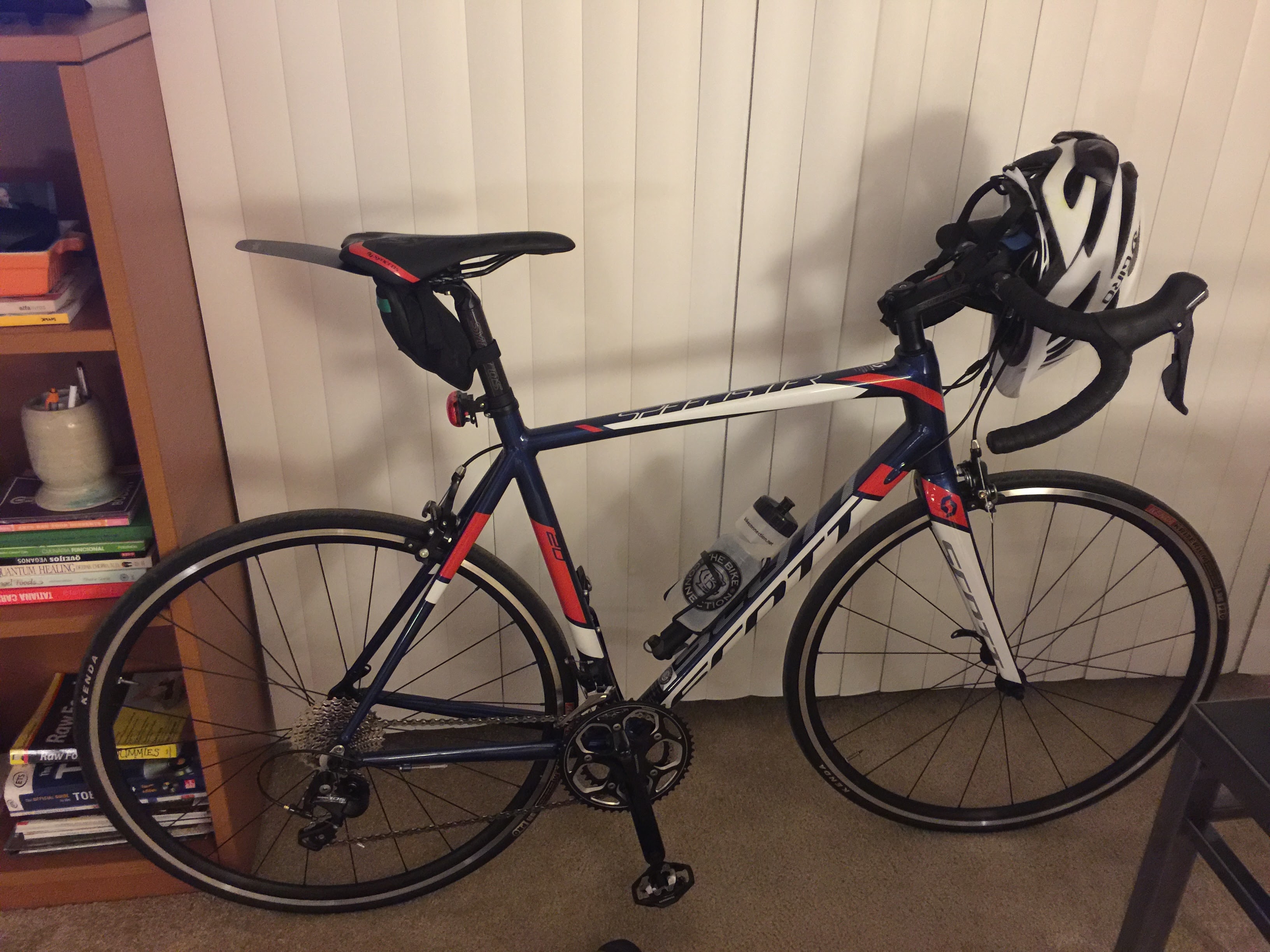
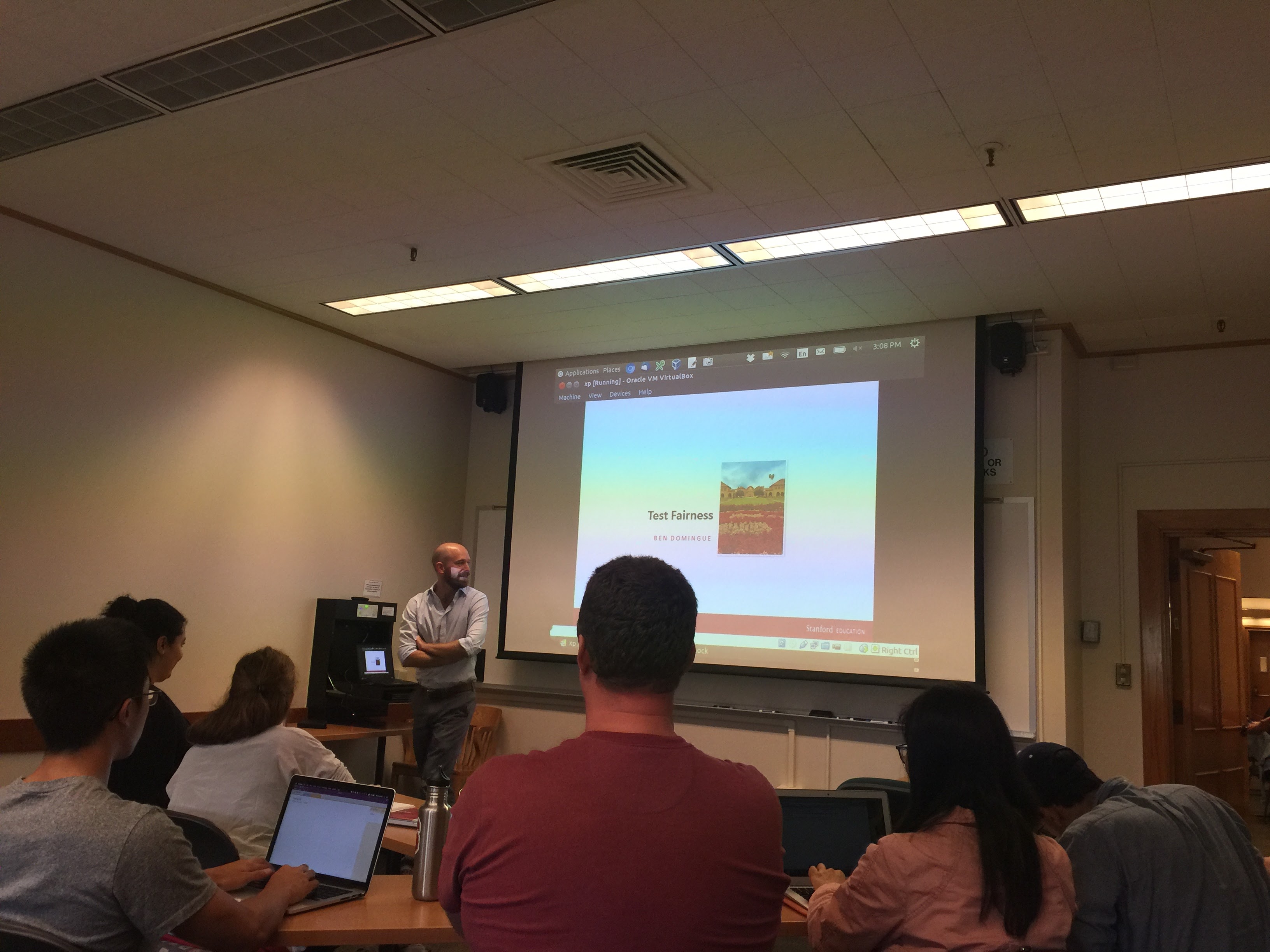

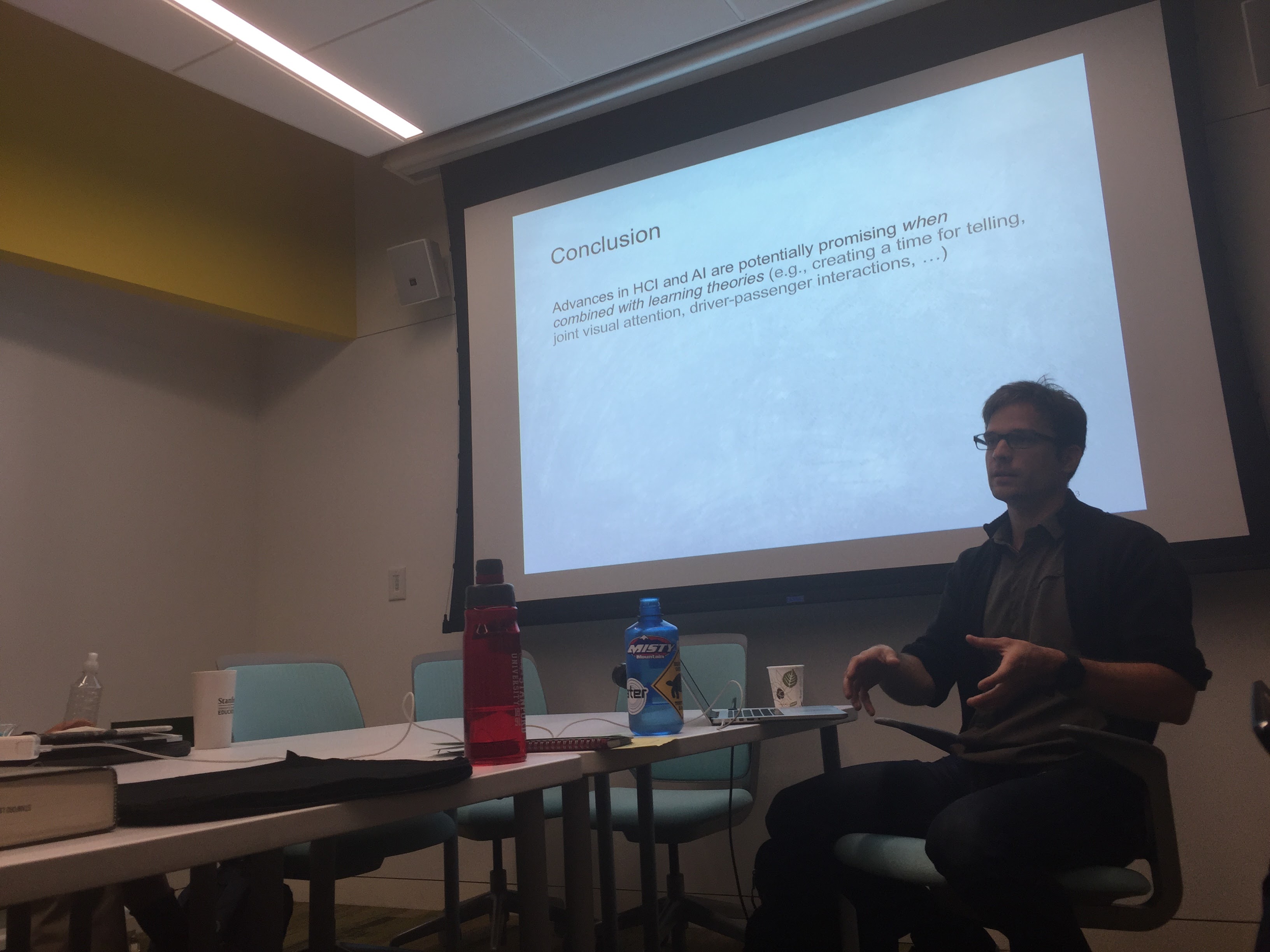
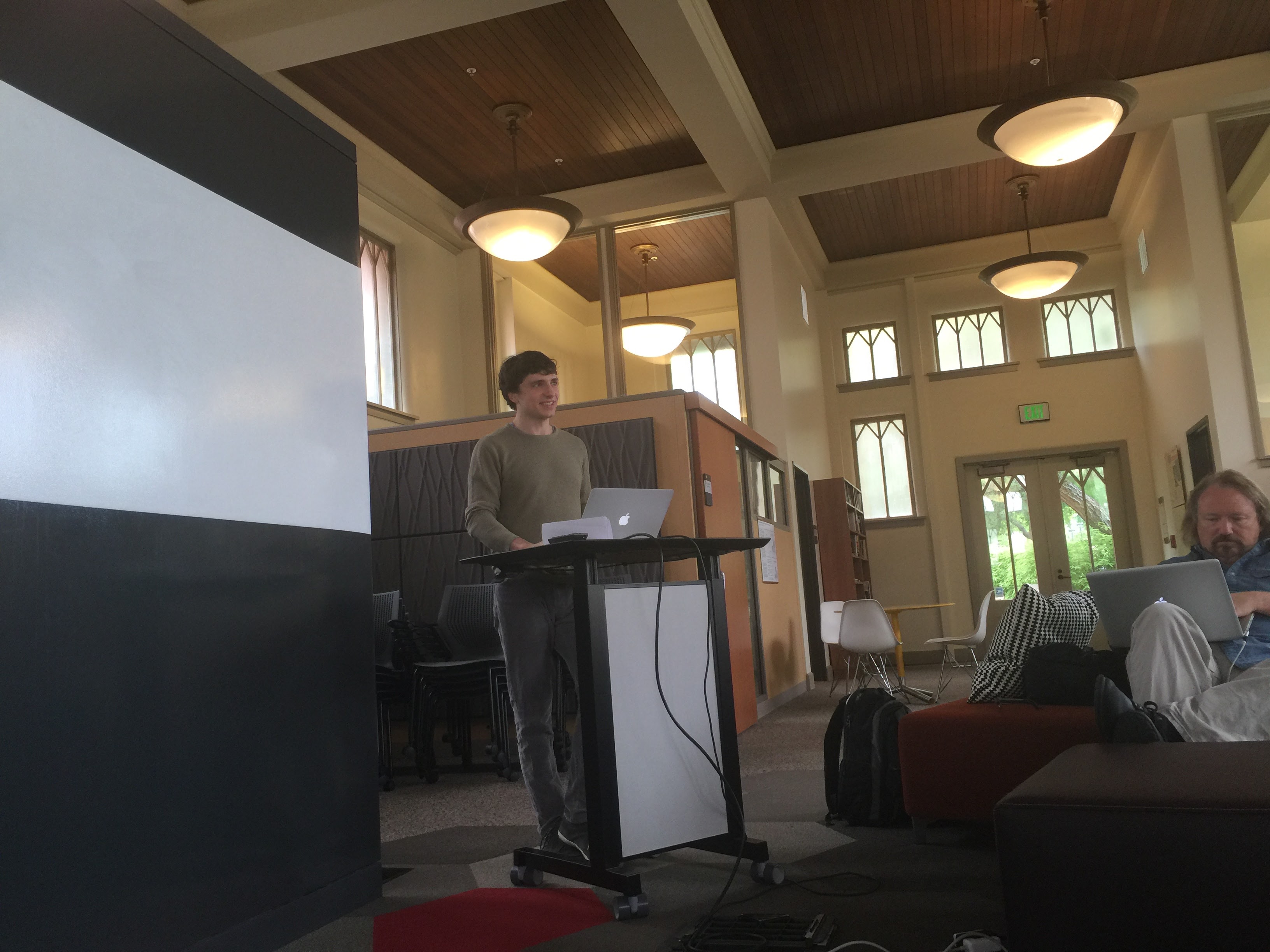
 Met with Alison to talk about helping
Met with Alison to talk about helping